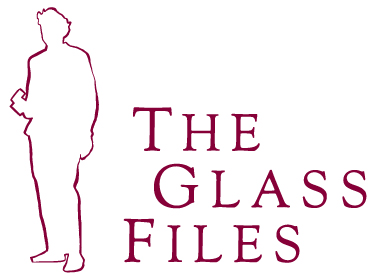
ITEM DETAILS
artwork
Trigger Warning**
OCD is not just perfection or accuracy. It's far from that.
OCD
Obsessive-compulsive disorder (OCD) is a mental illness that causes repeated unwanted thoughts or sensations, or the urge to do something over and over again, kind of like being compelled to do it. People often think about straight lines, or accurate graphs, when OCD comes to mind. If that was the case, OCD would NOT be considered a mental illness, but it is.
Obsessions are unwelcome thoughts, images, urges, worries or doubts that repeatedly appear in your mind. They can make you feel very anxious. Compulsions are repetitive activities that you do to reduce the anxiety caused by the obsession. It could be something like repeatedly checking a door is locked, repeating a specific phrase in your head or checking how your body feels. Unfortunately, people do not have the ability to prevent these thoughts or compulsions from occurring. So, when this happens, the fear of harm coming their way or something bad happening to them begins to invade their mind.
Lots of people have misconceptions about OCD. Some people think it just means you wash your hands a lot or you like things to be tidy. They might even make jokes about it, or describe themselves as a 'little bit OCD'. This can be frustrating and upsetting, especially if someone who feels this way is a friend, colleague, family member or healthcare professional.
OCD is very common and requires a medical diagnosis. Symptoms usually begin gradually and vary throughout life. These include nightmares, panic attacks, compulsive behavior, fear, agitation, compulsive hoarding, impulsivity, repetitive movements, social isolation, anxiety, guilt, depression, and apprehension.
"One of the most difficult things about OCD is how people perceive it. Intrusive thoughts and compulsions take a greater toll, yet people don't seem to understand that."
If you are struggling with severe or mild OCD, you should talk to someone about it. Contact the NAMI HelpLine at 1-800-950-NAMI (6264) or info@nami.org if you have any questions about obsessive-compulsive disorders, or finding support and resources.
Obsessions are unwelcome thoughts, images, urges, worries or doubts that repeatedly appear in your mind. They can make you feel very anxious. Compulsions are repetitive activities that you do to reduce the anxiety caused by the obsession. It could be something like repeatedly checking a door is locked, repeating a specific phrase in your head or checking how your body feels. Unfortunately, people do not have the ability to prevent these thoughts or compulsions from occurring. So, when this happens, the fear of harm coming their way or something bad happening to them begins to invade their mind.
Lots of people have misconceptions about OCD. Some people think it just means you wash your hands a lot or you like things to be tidy. They might even make jokes about it, or describe themselves as a 'little bit OCD'. This can be frustrating and upsetting, especially if someone who feels this way is a friend, colleague, family member or healthcare professional.
OCD is very common and requires a medical diagnosis. Symptoms usually begin gradually and vary throughout life. These include nightmares, panic attacks, compulsive behavior, fear, agitation, compulsive hoarding, impulsivity, repetitive movements, social isolation, anxiety, guilt, depression, and apprehension.
"One of the most difficult things about OCD is how people perceive it. Intrusive thoughts and compulsions take a greater toll, yet people don't seem to understand that."
If you are struggling with severe or mild OCD, you should talk to someone about it. Contact the NAMI HelpLine at 1-800-950-NAMI (6264) or info@nami.org if you have any questions about obsessive-compulsive disorders, or finding support and resources.
Bronx, NY
3-6-22
Wasila Ibrahim
Google
artwork | obssesive | complusive | disorder | ocd | mental health | mental illness | significant | ocdawareness | fear | worry
This item is shared by Wasila M Ibrahim
with
the Community and the World.
